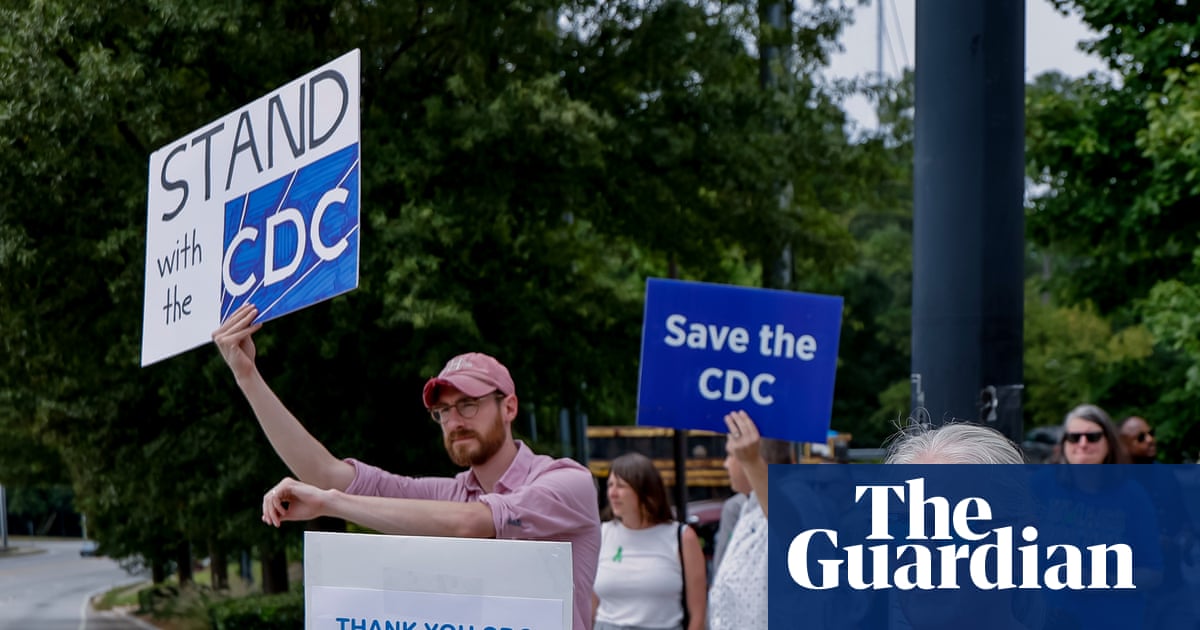Turmoil at the CDC: Political Fallout from Leadership Changes
The Centers for Disease Control and Prevention (CDC) has found itself in a political maelstrom following the unexpected firing of its director, Susan Monarez, just a month after her confirmation. This move has drawn significant bipartisan criticism, marking a rare moment of dissent even among those typically aligned with the Trump administration. The unfolding drama encapsulates broader concerns about political interference in public health and has ignited passionate responses from Congress and within the CDC itself.
The Dismissal of Susan Monarez
Susan Monarez’s ousting was officially attributed to her perceived misalignment with President Trump’s agenda. However, the details surrounding her dismissal paint a complex picture. According to her legal representatives, only Trump himself possesses the authority to remove a Senate-confirmed appointee like Monarez. Despite this, it was Robert F. Kennedy Jr., now the health secretary, who executed the termination, allegedly due to Monarez’s refusal to comply with directives to remove other agency officials and her commitment to vaccine protocols that oppose the administration’s stance.
A Crisis within the CDC
Monarez’s firing has been accompanied by significant unrest within the CDC. The fallout has been severe, prompting the resignation of four key leaders from the agency. In a striking show of solidarity, dozens of CDC employees staged a walkout at their Atlanta headquarters on Thursday, expressing support for Monarez and highlighting their concerns about the administration’s handling of critical public health issues.
Bipartisan Alarm in Congress
The discord stemming from the CDC’s upheaval has drawn unexpected attention from across the political spectrum. Typically loyal Republicans like Senator Susan Collins have voiced alarm about the rapid removal of Monarez. Collins remarked that such a decision appeared baseless, given Monarez’s brief tenure. Similarly, Bill Cassidy, chairman of the Senate health committee, has called for caution regarding upcoming advisory meetings on vaccine use. He indicated that any recommendations arising from these sessions should be viewed with skepticism, given “serious allegations” about political meddling in scientific processes.
A Call to Action from Senators
Independent Senator Bernie Sanders has also added his voice to the chorus of concern, emphasizing that all political affiliates should be troubled by attempts to undermine vaccine access—an achievement he calls one of the most significant in public health history. According to Sanders, the current administration’s approach represents a “full-blown war on science” and public health. He argues that the changes introduced by Secretary Kennedy have jeopardized the vaccine review process and have narrowed access to essential immunizations.
Administration’s Response to Criticism
Despite the mounting criticism, the Trump administration shows little intention to reverse course. In a notable press briefing, White House press secretary Karoline Leavitt dismissed the concerns, even challenging the language used by one of the departing officials, Demetre Daskalakis, who refers to pregnant individuals as “pregnant people.” Leavitt’s comments reflect a broader strategy to position the administration against what they term "political correctness."
The Resignations and Identity Politics
Daskalakis’s resignation as director of the National Center for Immunization and Respiratory Diseases highlights the intersection of scientific integrity and identity politics. He accused the administration of using the CDC to further policies that detract from scientific reality. In a pointed response to Leavitt’s remarks, Daskalakis emphasized his commitment to inclusivity and resistance against erasing marginalized identities, noting that his use of “pregnant people” was intentional, aimed at opposing the administration’s stance.
The Wider Implications
As tensions rise within the CDC and across the political landscape, the implications of these events stretch beyond the health agency itself. The situation raises critical questions about the role of science in policymaking, the impact of leadership changes on public health, and the broader ramifications for how marginalized communities are treated in health discourse. The evolving narrative will undoubtedly continue to engage lawmakers, health professionals, and the public alike as they navigate this pivotal moment in U.S. public health policy.



